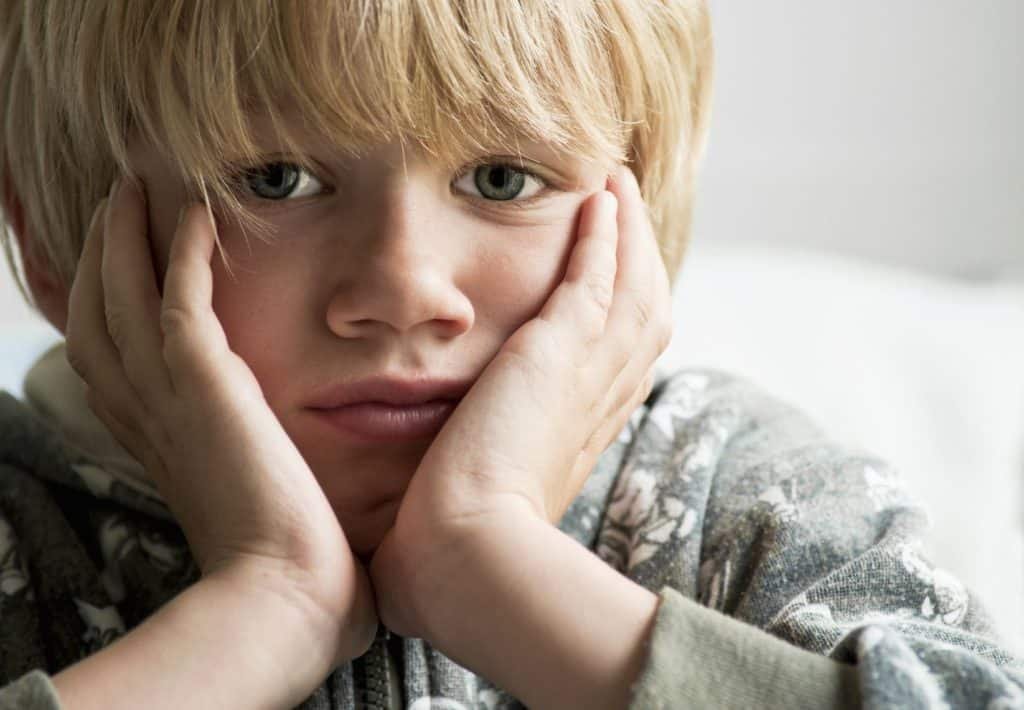According to Mental Health First Aid, almost half of adults (46.4%) experience a mental illness in the USA. In simple language, mental illness is a health condition involving changes in emotions, thinking. Mental illness is associated with distress and problem functioning in social, work, or family activities.
How A Child Can Be A Victim Of Mental Health Problem
Long-lasting sadness or irritability, extremely high and low moods, suicidal thoughts, excessive fear, worry, or anxiety, social withdrawal, dramatic changes in eating or sleeping habits are some of the symptoms or signs of mental illness.

A study published on Wednesday, 28th April 2021, by researchers of Massachusetts General Hospital found that some risk factors during pregnancy may increase a child’s risk of mental health problems years later. It was earlier known that unplanned pregnancies in women with certain chronic health problems and exposure in the womb to the substances like drugs and alcohol can lead to a child’s increased risk of psychiatric or behavioral problems. Now this study says that exposure to two or more specific risk factors significantly increases that likelihood.
In this study, published in the journal PLOS ONE, the researchers looked at 10,000 children aged 9 and 10 living in 21 communities throughout the US. They found that children subjected to two to six adverse exposure during pregnancy are more likely to have a higher score on the Child Behaviour Checklist. According to American Psychological Association, Child Behaviour Checklist is used to detect behavioral and emotional problems in children and adolescents.
According to this study, the adverse exposures are unplanned pregnancy, use of alcohol, tobacco, or marijuana, complication during pregnancy such as high blood pressure or diabetes, and complications during labor and delivery.
The Child Behavioural Checklist consists of eight symptoms, according to American Psychological Association. These symptoms are anxiousness, depression, somatic complaints, social problems, thought problems, aggressive behavior, and rule-breaking behavior.
The study found that, 7% chances of developing psychiatrist symptoms even if none of the exposures during their mother’s pregnancy. However, children with four or more of the exposures had a 29% chance. The study did not account for infections and stress during pregnancy. However, it is still unknown how these adverse exposures affect brain health.
Here are some tips for taking care of your mental health during pregnancy:
- Don’t expect too much of yourself. Be realistic about what you can do; rest when you need to.
- Try not to make major changes at this time, like moving house and changing job, unless you have to.
- Keep physically active.
- Eat regular, healthy meals.
- Spend time with people who make you feel relaxed and good about yourself.
- Avoid using drugs or alcohol to deal with stress.
- Make connections with other expectant parents so you can support each other.
- Accept help if it’s offered to you; ask for help if you need it.
- Build a good support network.
- Visit your doctor regularly.
To treat mental illness during pregnancy, the woman needs to take some medications. A talking treatment or psychological therapy may be helpful. For some women, this can be used instead of medication. Others may need a talking treatment as well as medication.
